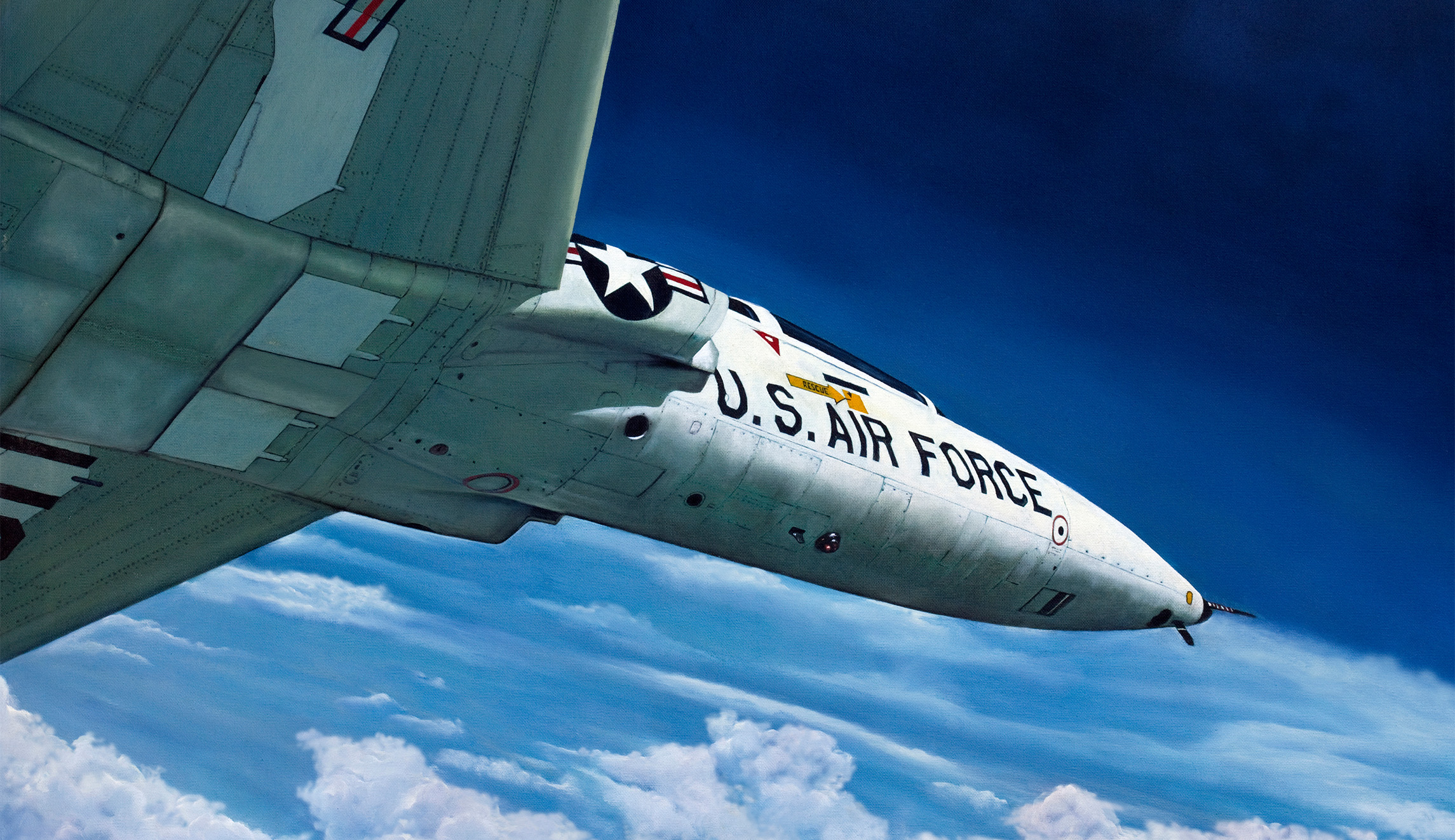He was a good kid, respectful, an average middle-class boy of 16. I met him last week when I was a substitute teacher at the local high school. When he discovered I’d served in the war in Afghanistan, he said he was eager to enlist in the Army as soon as he was of age. In the past, I’d have applauded his bravery and ambition, and while warning that enlistment would send him to war, I’d have extolled the many opportunities the military could open for average people like us.
But now?
Of course I respect him for considering enlistment. But how could I, a veteran whose mission in Afghanistan was deliberately destroyed by President Joe Biden, encourage the kid to join the next generation of the military that will be betrayed by our own government?
It’s a strange position for me to be in, as a proud veteran, to have to wonder how to respond when I meet an impressive young person who asks for advice about joining up. For answers, I turned to the previous generation of veterans whose hard work and sacrifice in the Vietnam War were similarly laid to waste. Back in a 2021 column, I mentioned Bill Albracht, a U.S. Army special forces captain who in 1969 in Vietnam at age 21, just five years older than the high school kid, led a heroic defense of and evacuation from a besieged firebase. When I emailed, I wasn’t sure if Albracht would want to talk to me. He once told me he wasn’t willing to act as priest, taking the confessions from all those who had dodged the Vietnam War. I worried he likewise wouldn’t be willing to serve as therapist for an angry veteran of the next generation.
“Sadly, you and I now have much more in common,” he replied. “What Biden did to you guys … I have no words. The blood and treasure for absolutely f***ing nothing.”
In my interviews with veterans, I mostly ask questions and record answers. But in our conversation, I apologized for letting my anger boil over, especially as I lamented my Afghan friends, our interpreters, and the co-author of one of my books, all of whom are stuck in hiding from the murderous Taliban. Albracht was patient. “What you’re feeling right now is survival guilt, which is common among Vietnam veterans, [the idea that] ‘I didn’t do enough.’ It’s hard to explain to anyone who hasn’t been there … because you just don’t want to get into it.”
“Are you sleeping well?” he asked. I think he knew sleep’s been tough. “All you can do is take comfort from the fact that you served your country with honor,” he said.
I told him about other Afghanistan veterans who expressed shock and dismay after our mission, like that in Vietnam, was forced into failure by our own government. Was I naive for believing in our mission in Afghanistan, for thinking America had learned something after Vietnam?
“Nobody saw [the betrayal of Afghanistan] coming,” he said. “I couldn’t believe it.”
Did he think that people, like me, in the decades after Vietnam, were foolish for enlisting, thinking things would go better?
“Up until Obama, I would highly recommend people join the military.” But now? “Hell no. Not in this woke sh*t we have going on.”
I hoped he’d have found the secret for dealing with the hurt and anger.
“You’ll live with this for the rest of your life,” he said. “But you’ll never forget, nor should you.”
What would he like to say to the newest generation of betrayed veterans?
“Welcome.” He laughed sadly. “This is just such a tragedy. There’s nothing that’s going to make it better. Your older brothers understand.”
In that high school classroom the other day, for the first time in my life, I had to tell someone, “Don’t enlist. You’ll put your soul into some mission, but there will always be another Biden to come along to destroy all you fought for.” Maybe it will seem stupid to most people, but for me, being moved to a position where my moral obligation is to warn away from the military. It cuts deep.
He was a good kid. And in Vietnam, Iraq, and Afghanistan, we were all good kids, who served with honor and sacrificed so much for nothing.
Trent Reedy, author of several books, including Enduring Freedom, served as a combat engineer in the Iowa National Guard from 1999 to 2005, including a tour of duty in Afghanistan.
*Some names and call signs in this story may have been changed due to operational security or privacy concerns.







